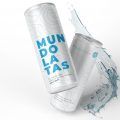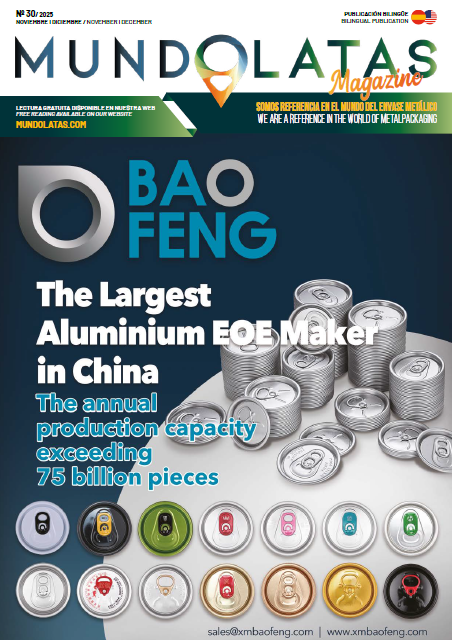Today everything can be registered… or almost everything. At least that was the thinking of Ardagh Metal Beverage Holdings – a German manufacturer of metal cans used in a variety of beverages, including beer and wine – who wanted to trademark as a sound mark the sound their beverage cans make when opened. The General Court of the European Union said “no”.
Open a can of drink and after a silence, the bubbling. This company wanted to register it with the European Union Intellectual Property Office (EUIPO). A nine-second sound file was his request.
“The opening of a can or bottle is intrinsic to a technical solution linked to the handling of beverages for consumption, so that this sound is not perceived as an indication of the commercial origin of these products”. This was part of its judgment as it further states that it is not a distinctive sound or characteristic of Ardagh: “they do not possess any intrinsic characteristic which would enable consumers to recognise and perceive it as an indication of the commercial origin of the goods they have purchased”.
According to a press release from the General Court of the European Union, the EUIPO’s assertion that it is unusual to indicate the commercial origin of products in the beverage and beverage packaging markets by sound alone is disputed, as such products are silent until they are consumed. The General Court states that most goods are silent in themselves and produce a sound only when they are consumed. Thus, the mere fact that a sound can only be heard when a product is consumed does not mean that the use of sounds to indicate the commercial origin of a product in a given market is still unusual.
The company can now appeal to the European Court of Justice.
For years, technological advances and digitalisation have opened up a wide range of possibilities. Thus, today we can register as distinctive marks the three-dimensional, multimedia, holograms… and sound marks. So did famous brands. The melody of the Intel Pentium processor, the Nokia, the Iphone or the roar of the MGM lion.
We also have the case of Futbol Club Barcelona recording the sound of the word “BARÇA” emitted by a male voice.
The motorcycle manufacturer Harley Davidson failed in 1990 to have the roar of its engines registered as a sound mark.
All trademarks that want to be registered as unique, the law requires them to fulfill that inherent function of all trademarks: they must have distinctive capacity. And, the sound of a beverage can being opened and then bubbling… it’s not from a particular brand.













